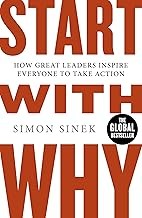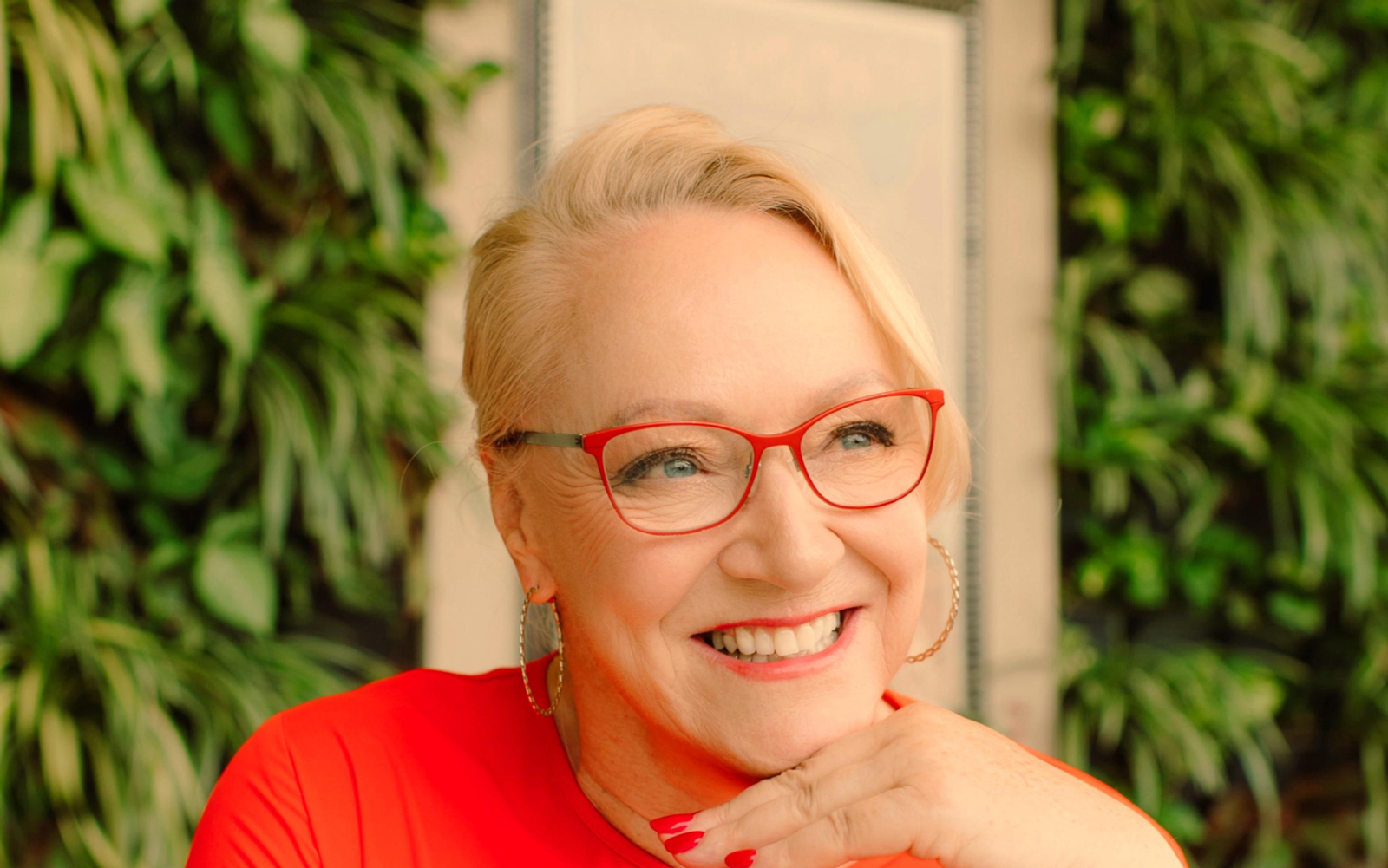There is increasing evidence of relational dysfunction in all kinds of relationships with talk about a growing epidemic of disconnect, isolation, unhappiness, and loneliness. This has been confirmed by research to contribute to major mental and physical health problems in our society.

The development and integration of technology and artificial intelligence in our daily lives might suggest ready access to a world of greater connection. Yet, we are now living in what has been called a lonely culture, a culture where relational estrangement, disconnect from our humanity, and polarisation appear to have become the accepted norm.
Living in a world with rising individualism, the quality of our relationships has deteriorated. It is hard not to see that we need to redirect our attention to the dynamics in relationships in all spheres of our lives.
The time of our lives in captivity due to the corona virus restrictions has made us realise and appreciate our needs and desires for soul feeding human interactions. While phone and Zoom sessions are a great start, they cannot replace the human energies of warmth and welcome in real-time encounters.
The resurgence and rise in travel can be seen as a sign that people are ever more looking for face-to-face experiences in the here and now. They are seeking the non-judgemental embrace of nature, calming landscapes, and hospitable communities that stir their human senses and their deep feelings of belonging and flourishing.
Romantic relationships might jump to mind when thinking of travel and relationships. They tend to attract a lot of attention in the media and in the marketing of products and services. However, we benefit from reminding ourselves that we are part of all kinds of relationships in the web of life. They all matter and contribute in their own way to the quality of our life’s journey.
And it is important that relationships of all kinds have and continue to experience conflict of minor and major proportion. All relationships, in our private and public spheres go through phases of harmony and disharmony.
Given the rise in relational estrangement, social disconnect and polarisation, we can see that most of us are challenged in our human capacity to navigate the subtleties of human interactions successfully.
It is evident that most of us lack relevant insight, tools, and skills to deal with the complexities of relationships of all kinds. We all benefit from greater awareness, understanding and competencies that foster individual, relational, and collective wellbeing, inner and outer peace.
We need relational intelligence. With relational intelligence we can
- question our biases to avoid a cycle of maladaptive thoughts and behavioural patterns that undermine healthy relationships;
- acknowledge our shared humanity replete with vulnerability, imperfection, and emotional conundrums – no matter who we are;
- be curious and courageous, willing, and committed to act out of love and not out of fear and show that we are willing and ready to live by the values we proclaim;
- contribute to a relational culture, a culture that values and promotes healthy, loving, and nourishing relationships.
As highly recognised Belgian-American psychologist Esther Perel points out, in the end:
“The quality of our relationships determines the quality of our lives.”






